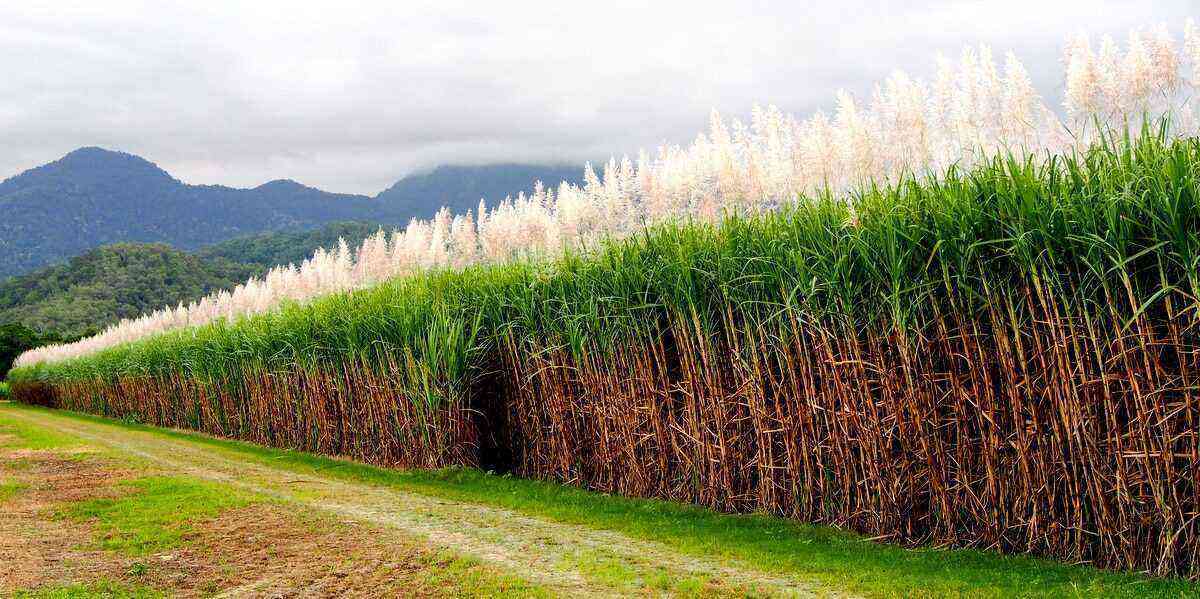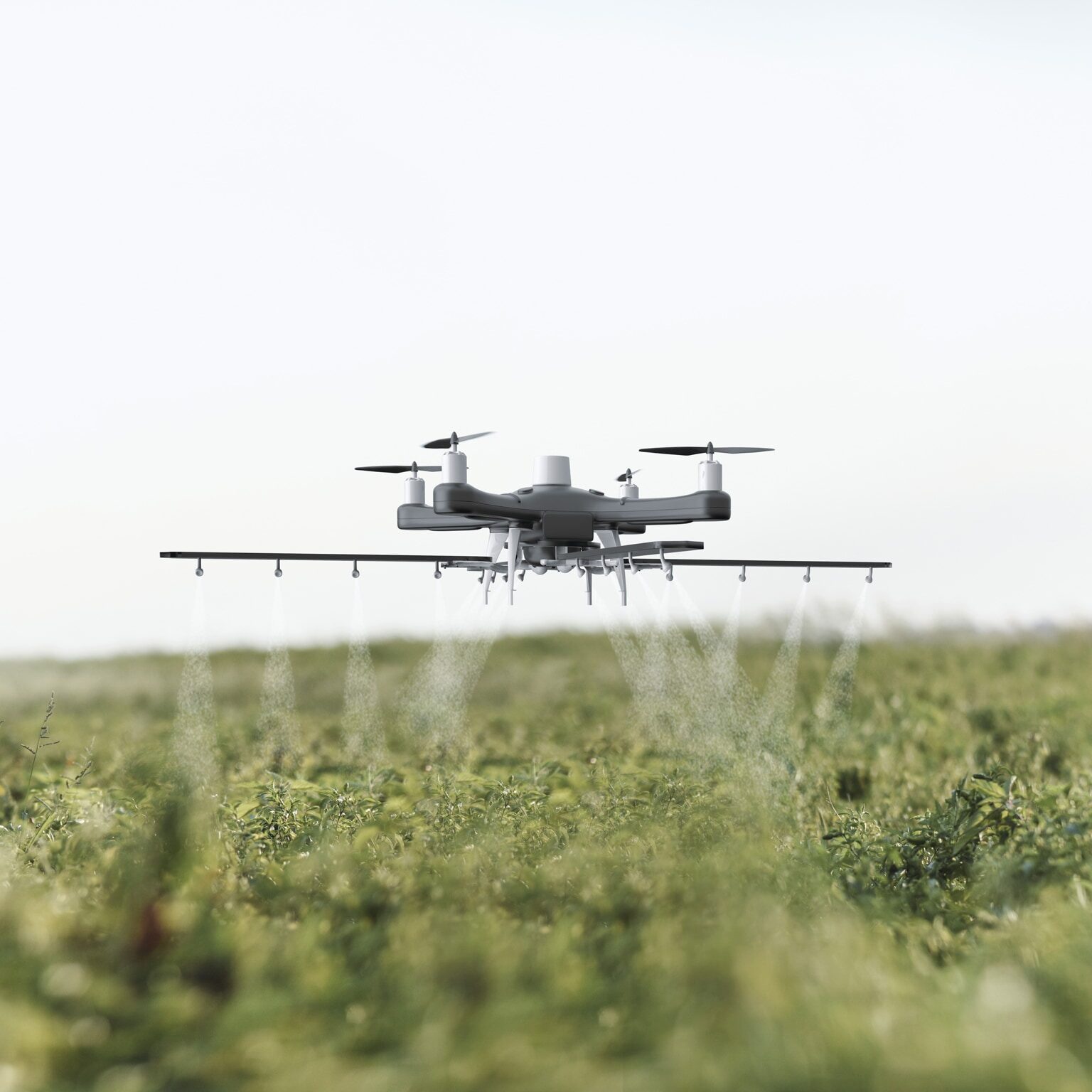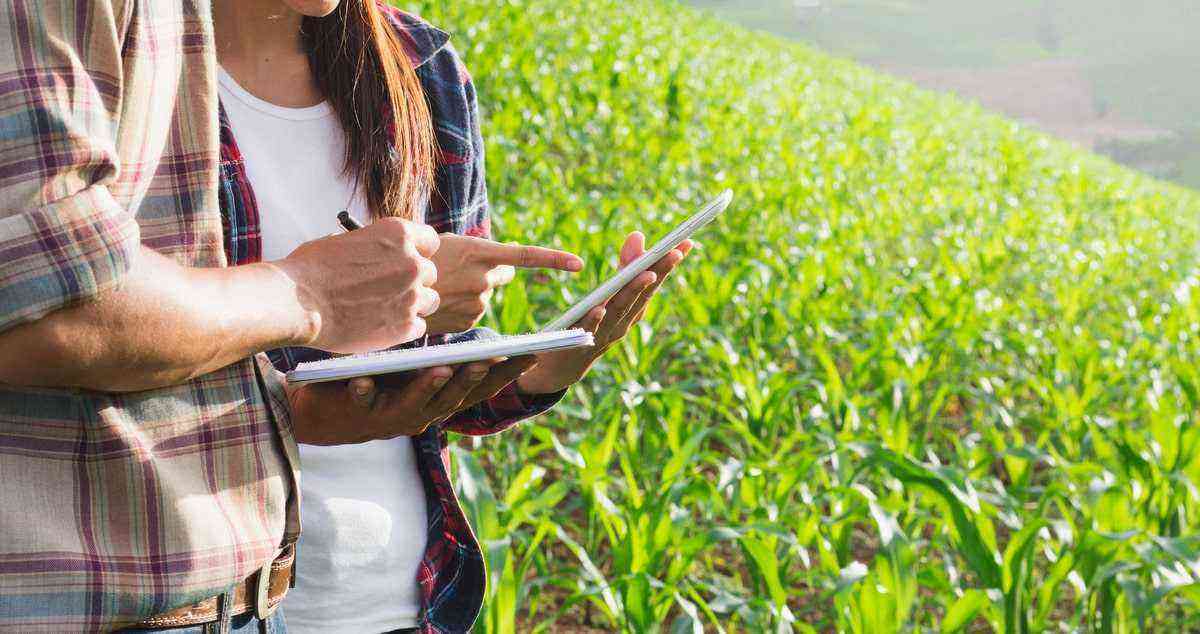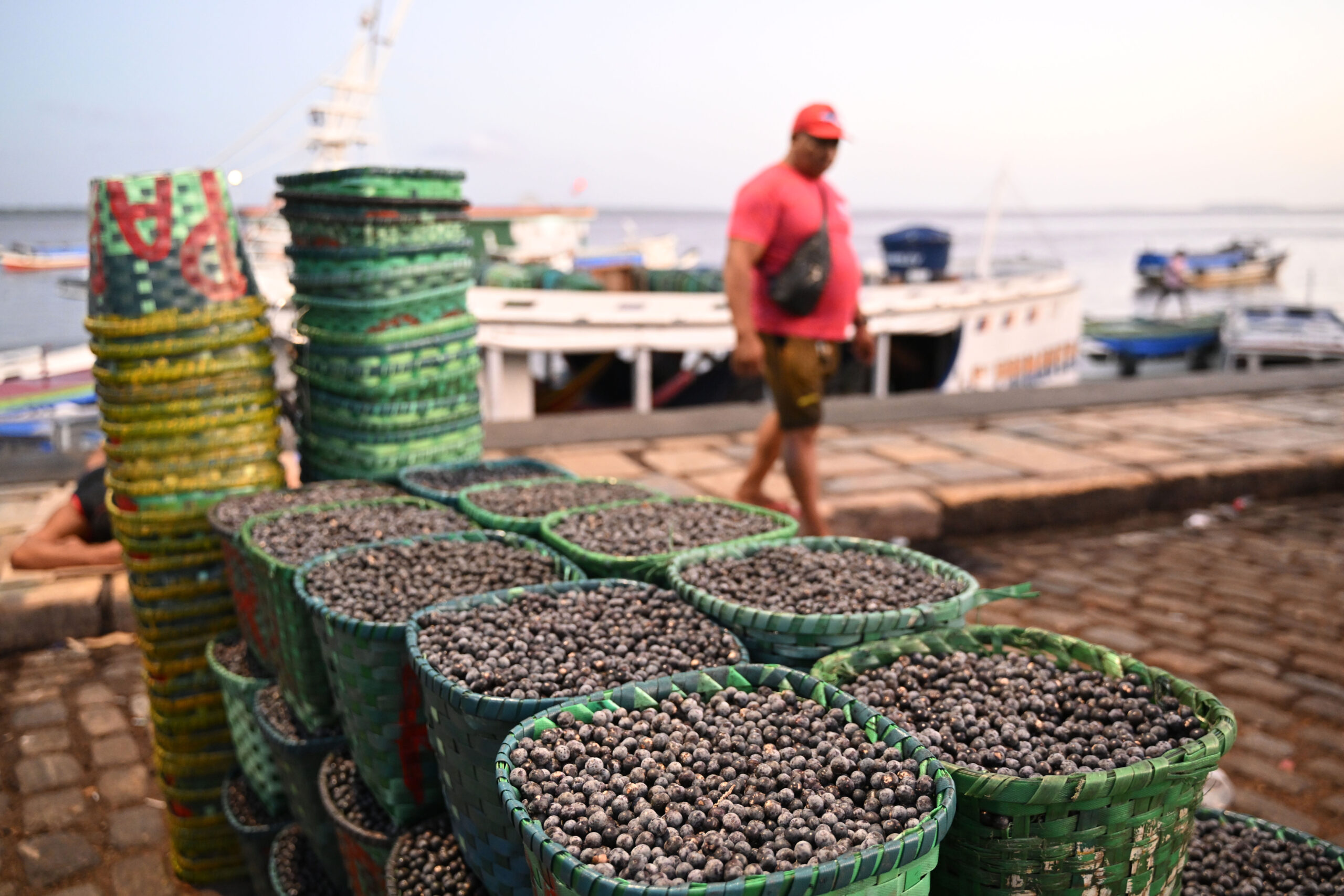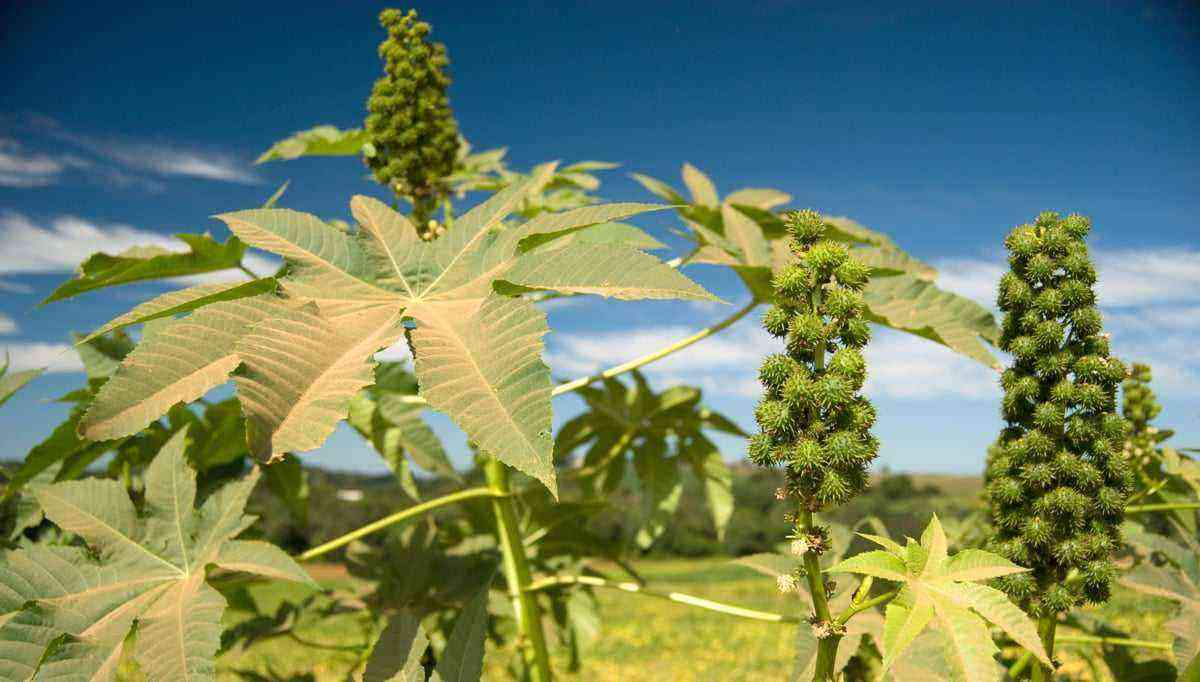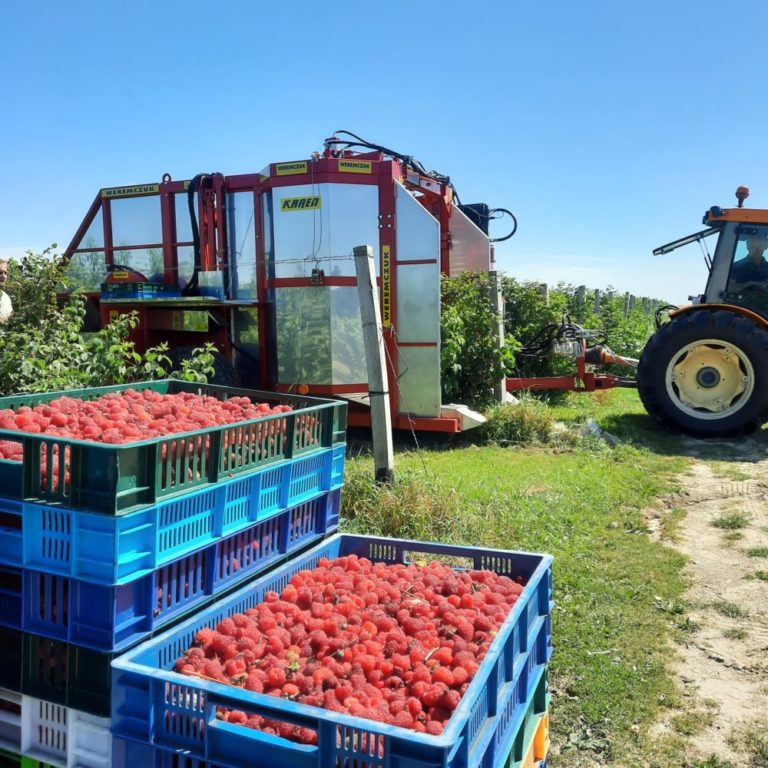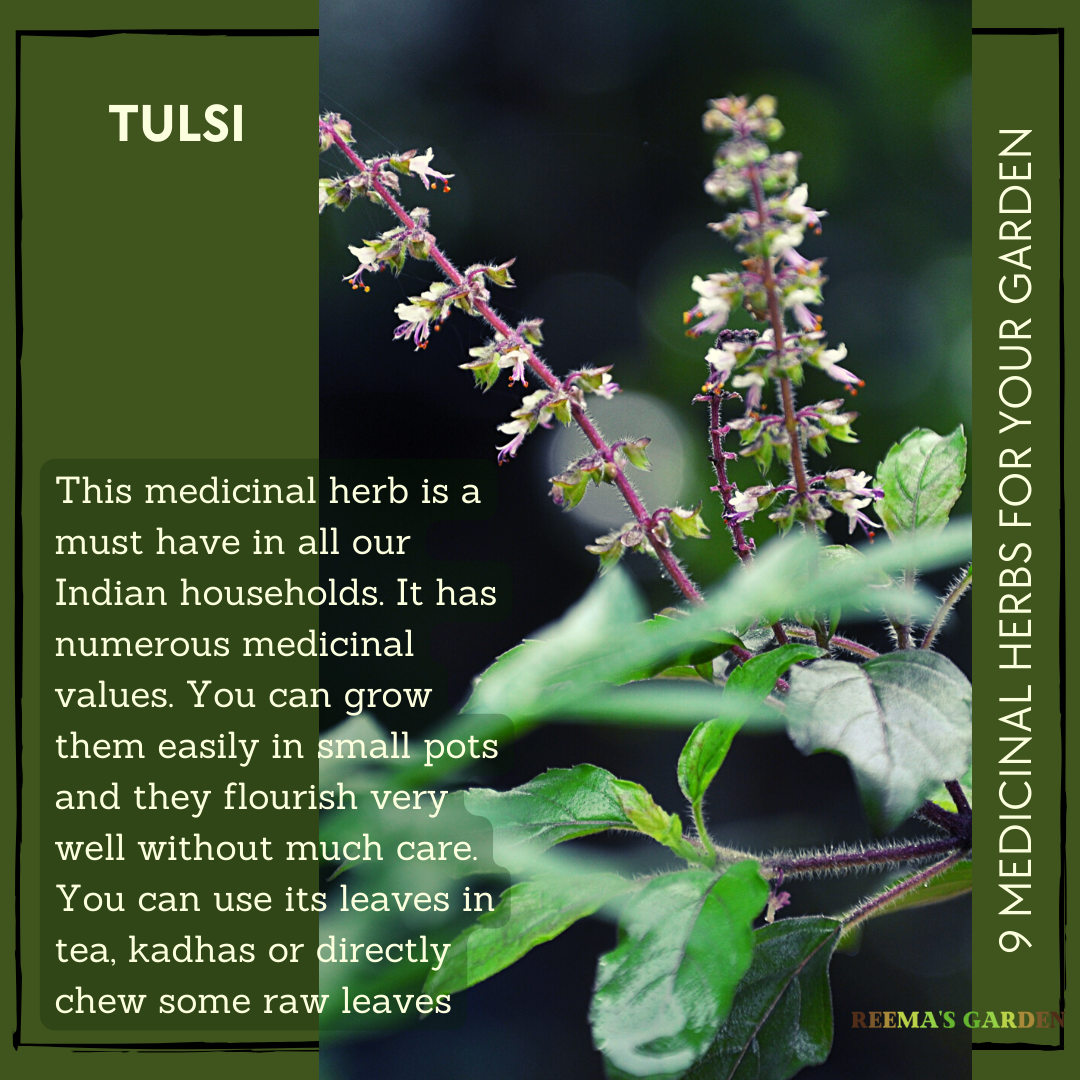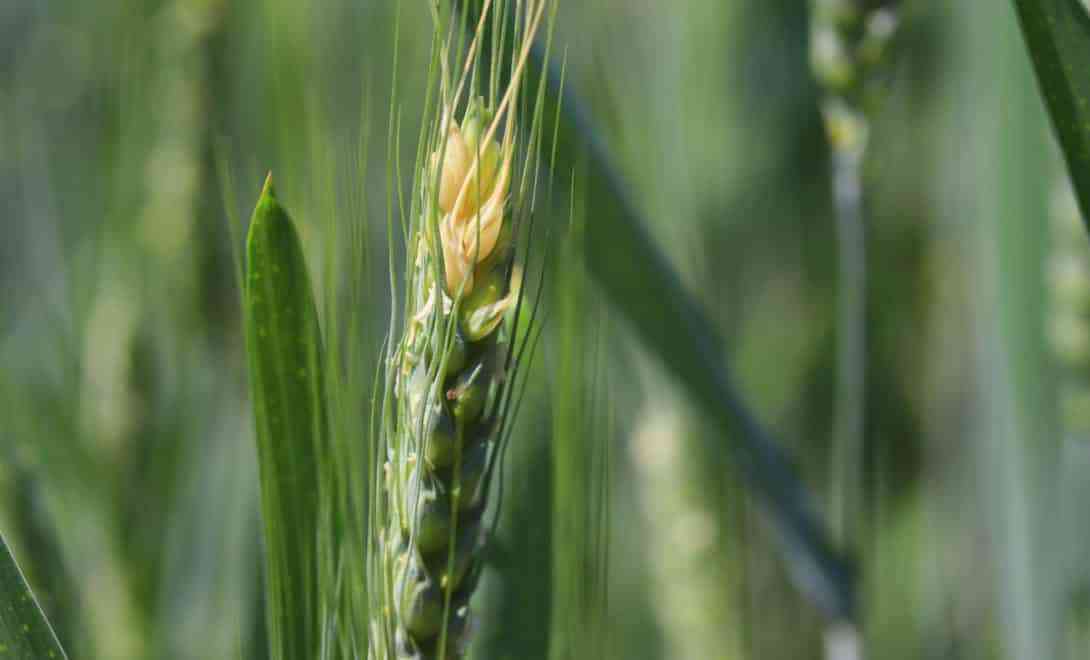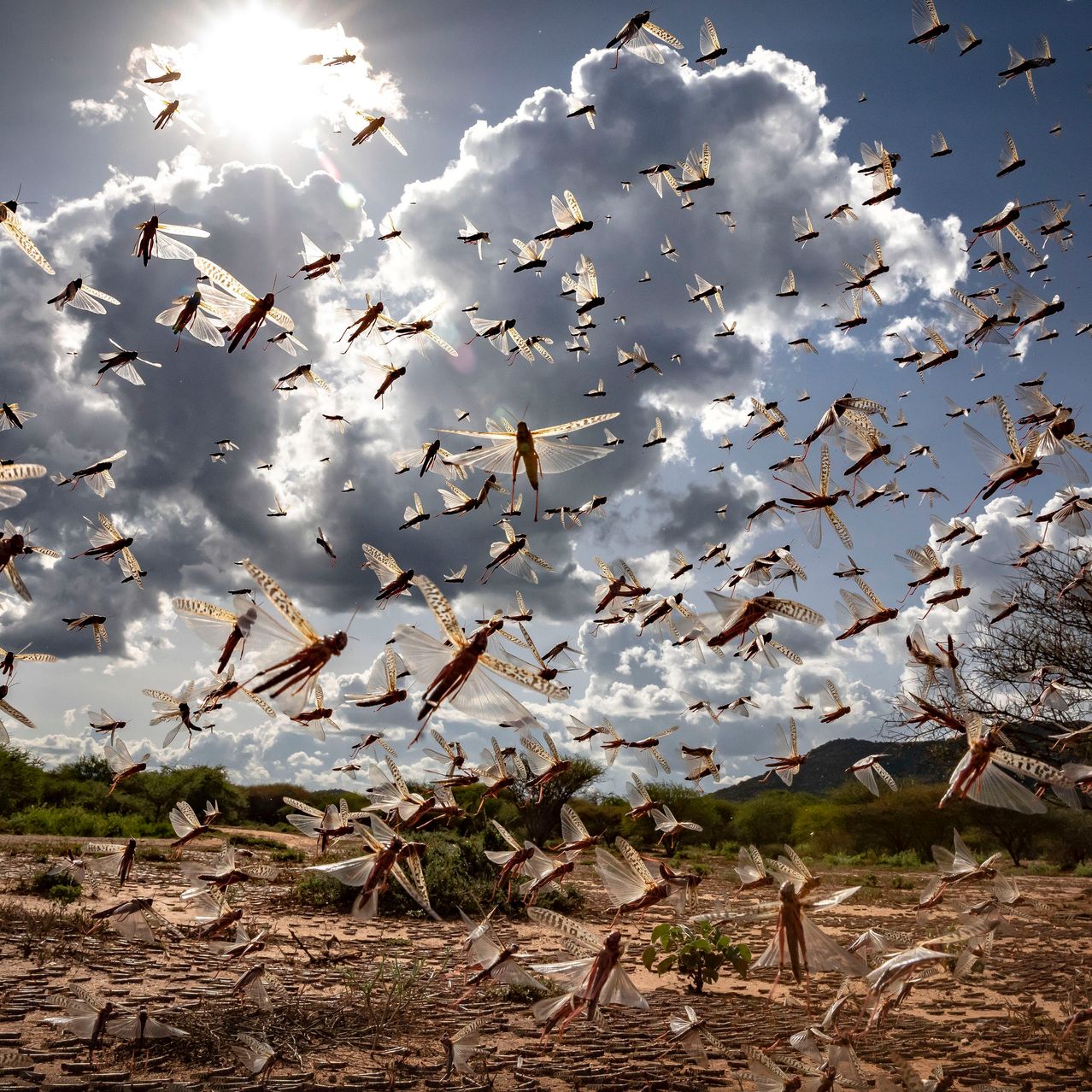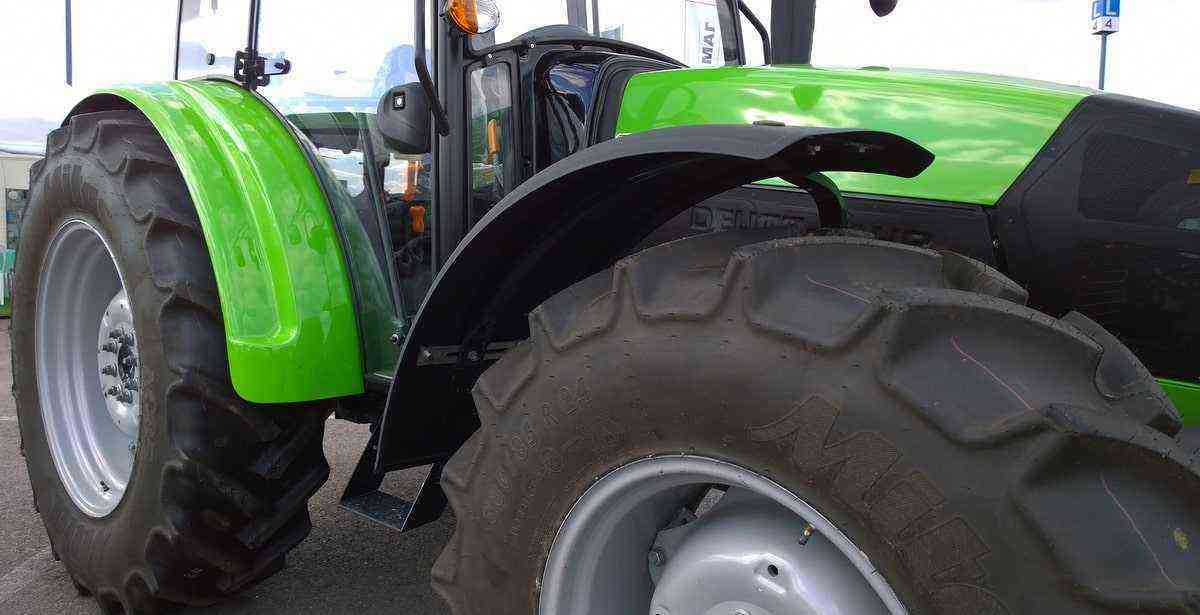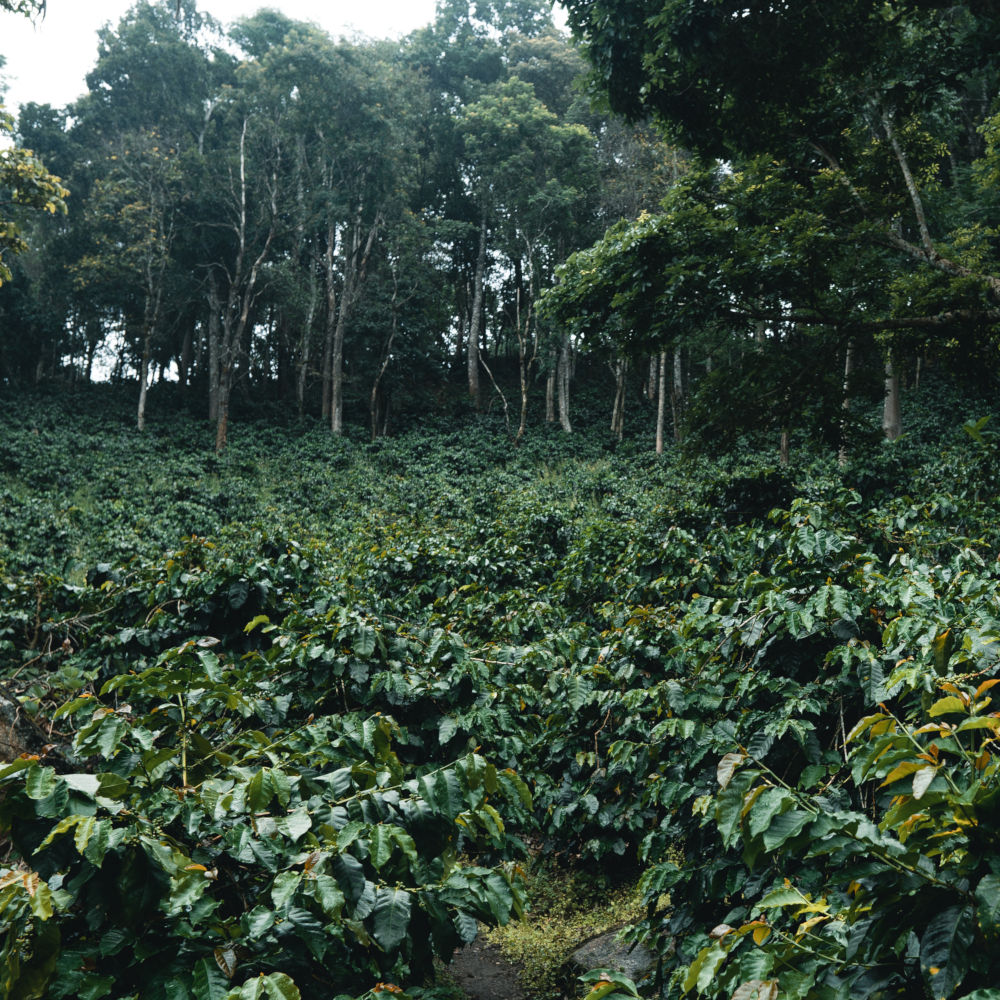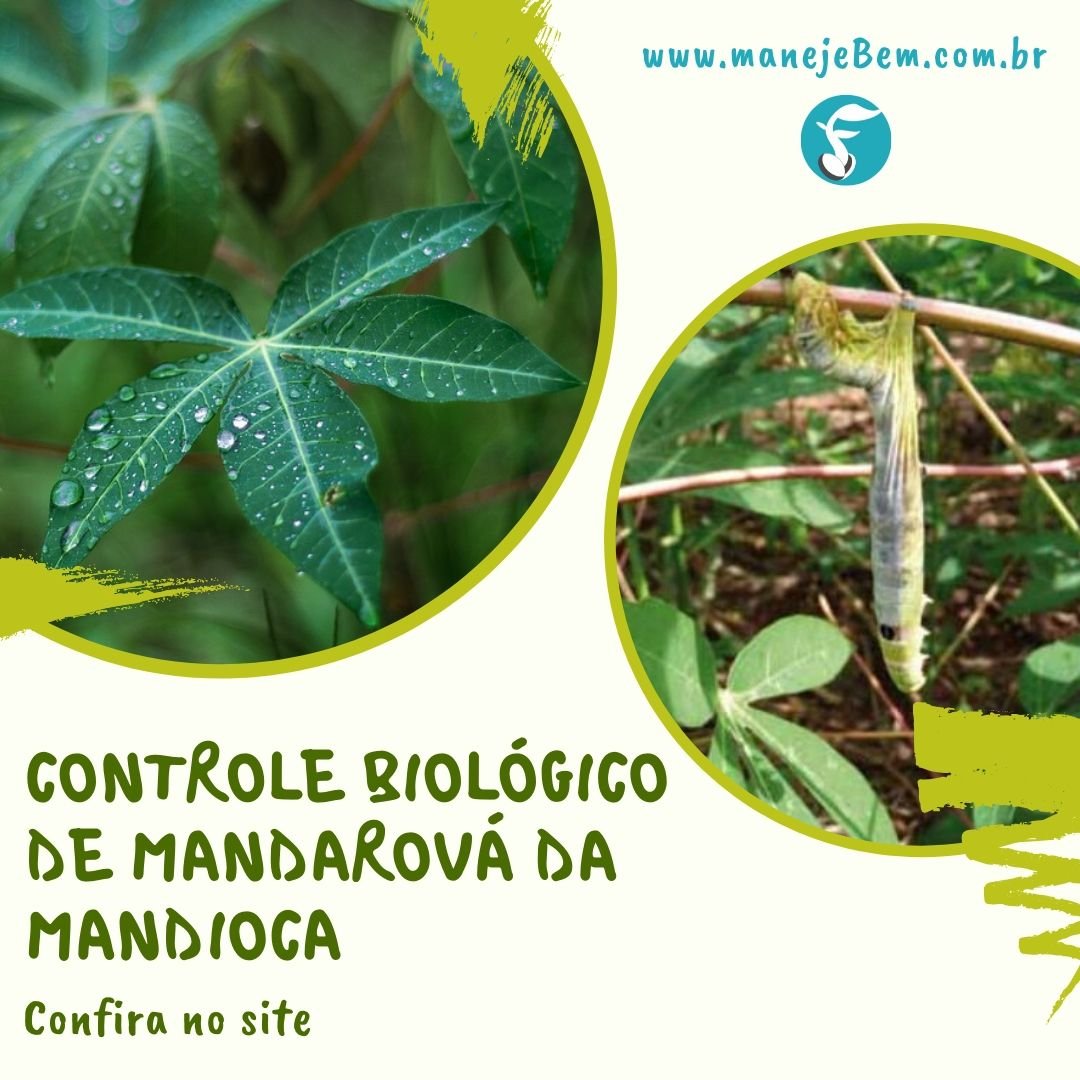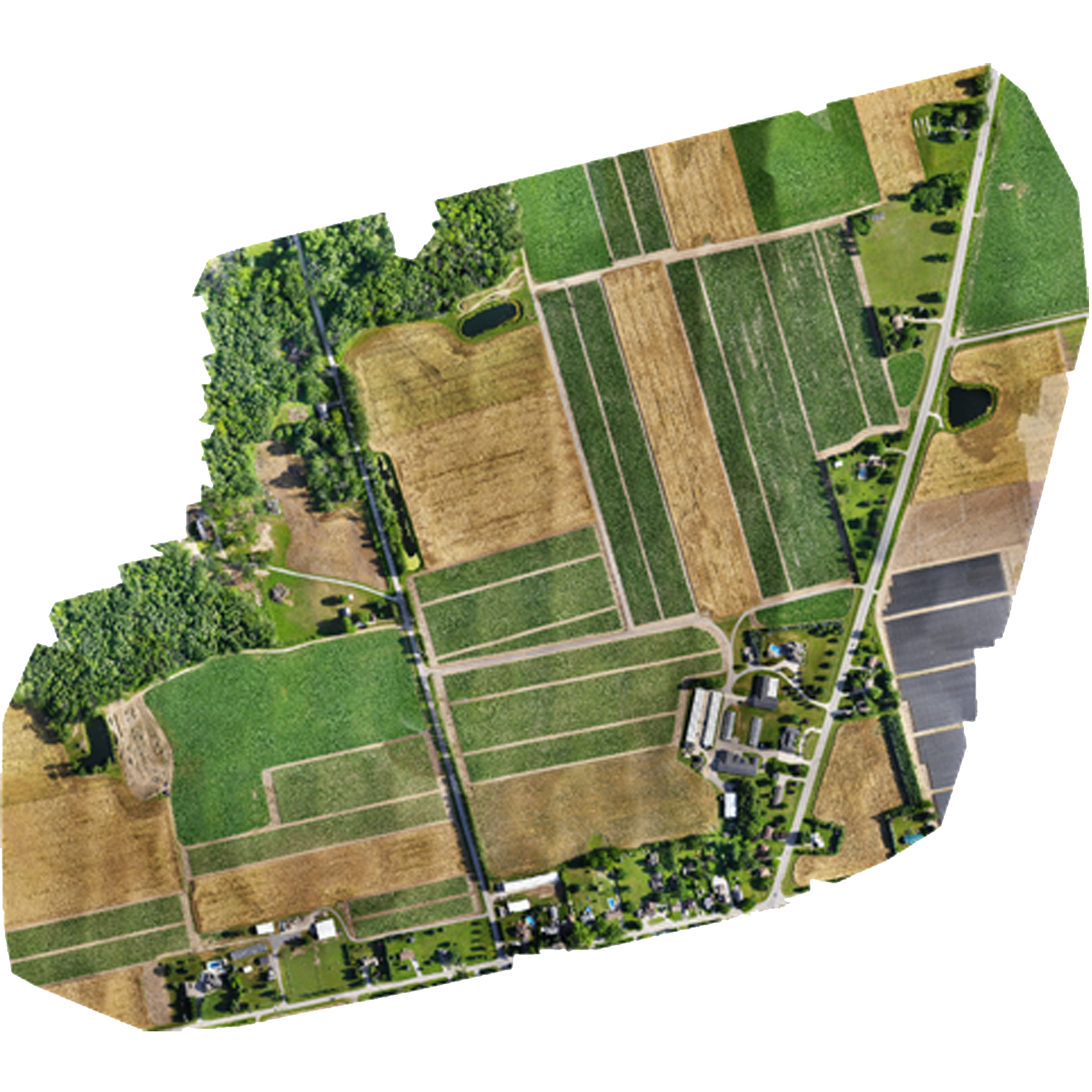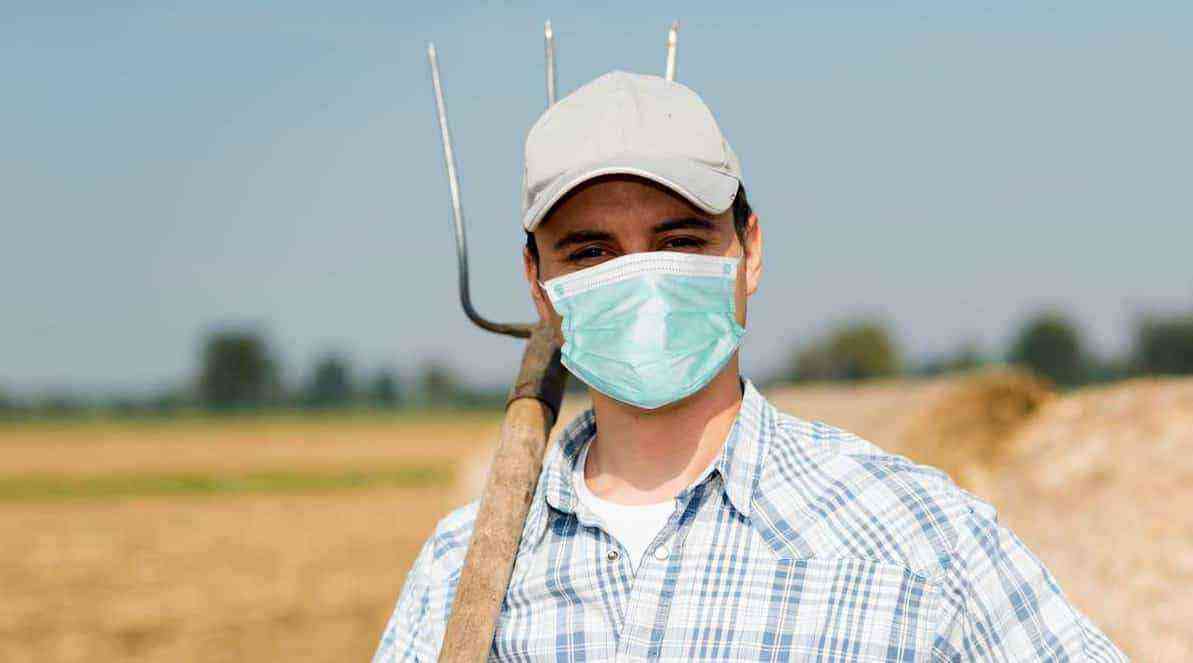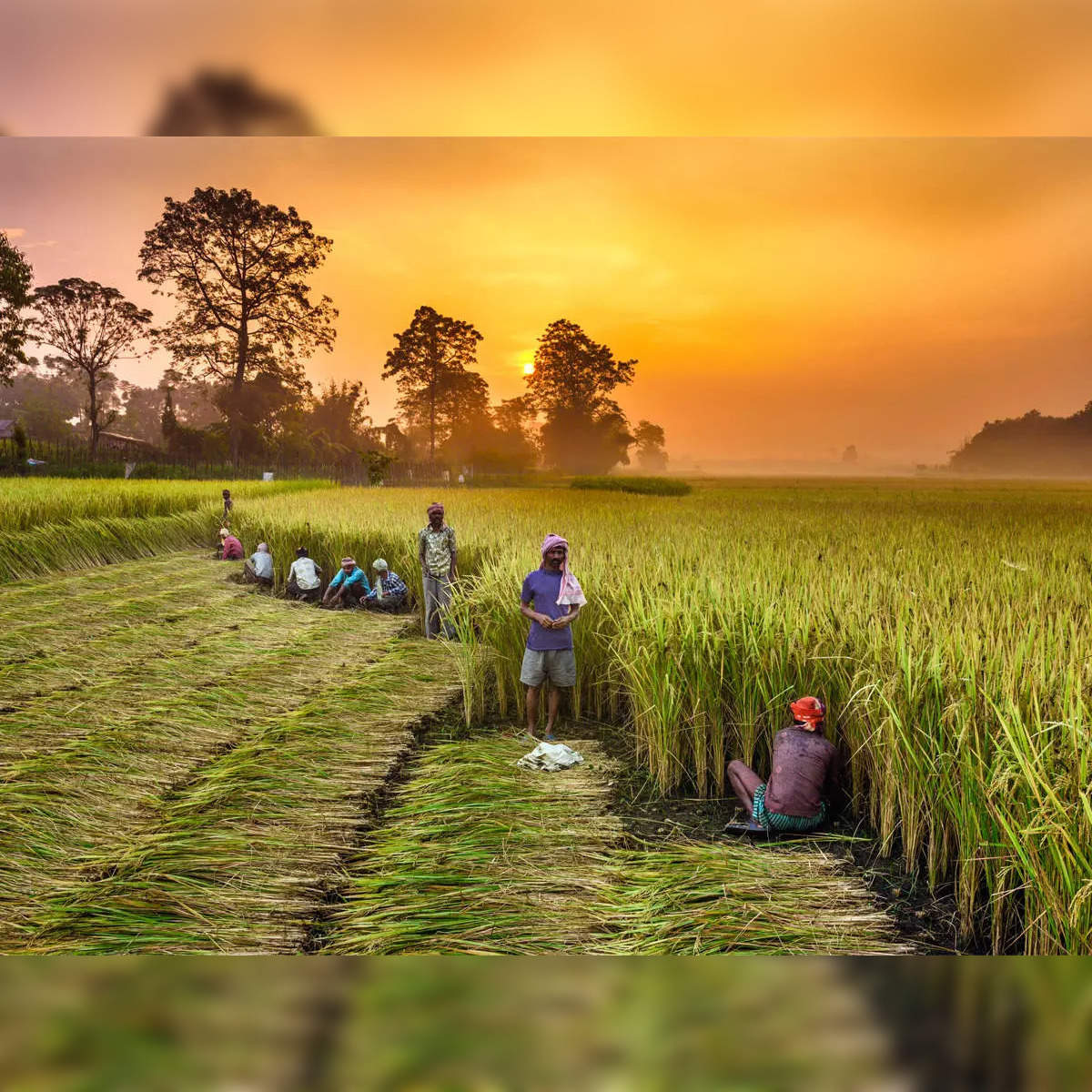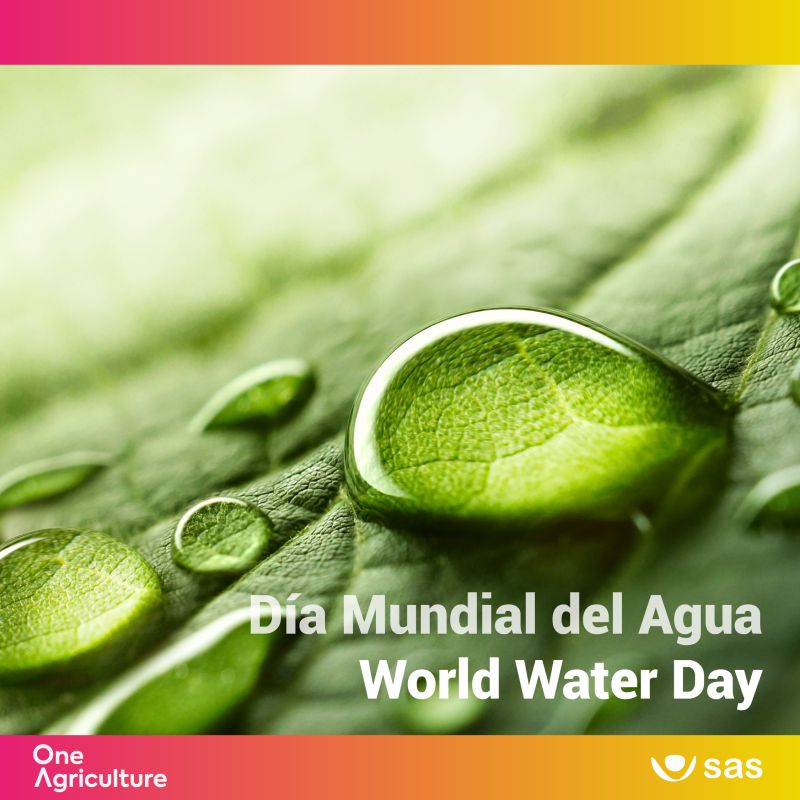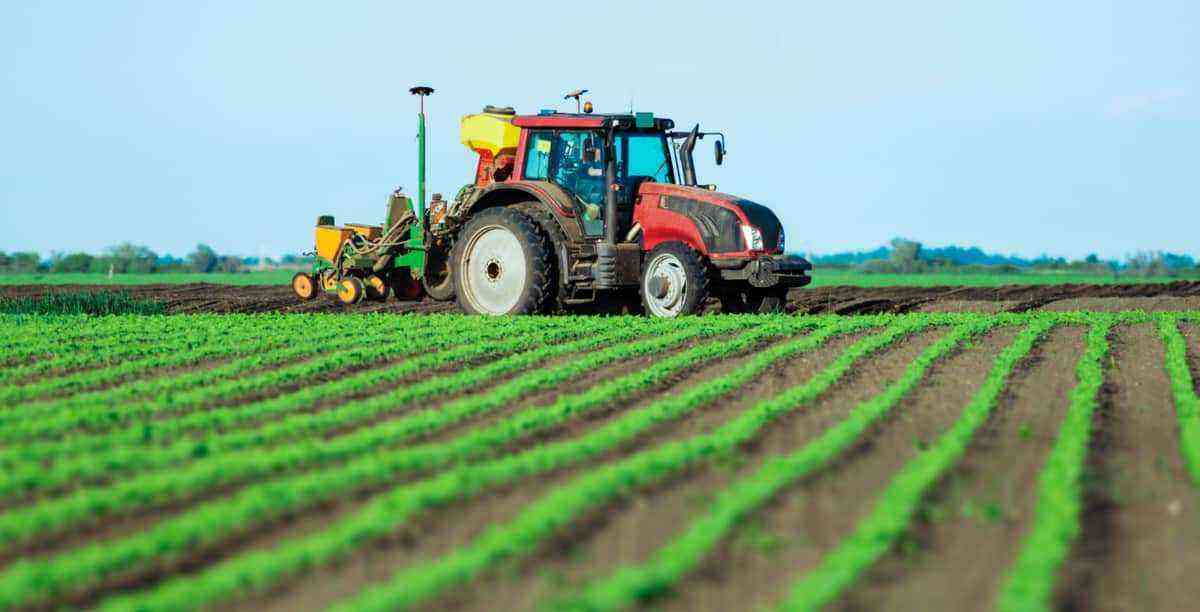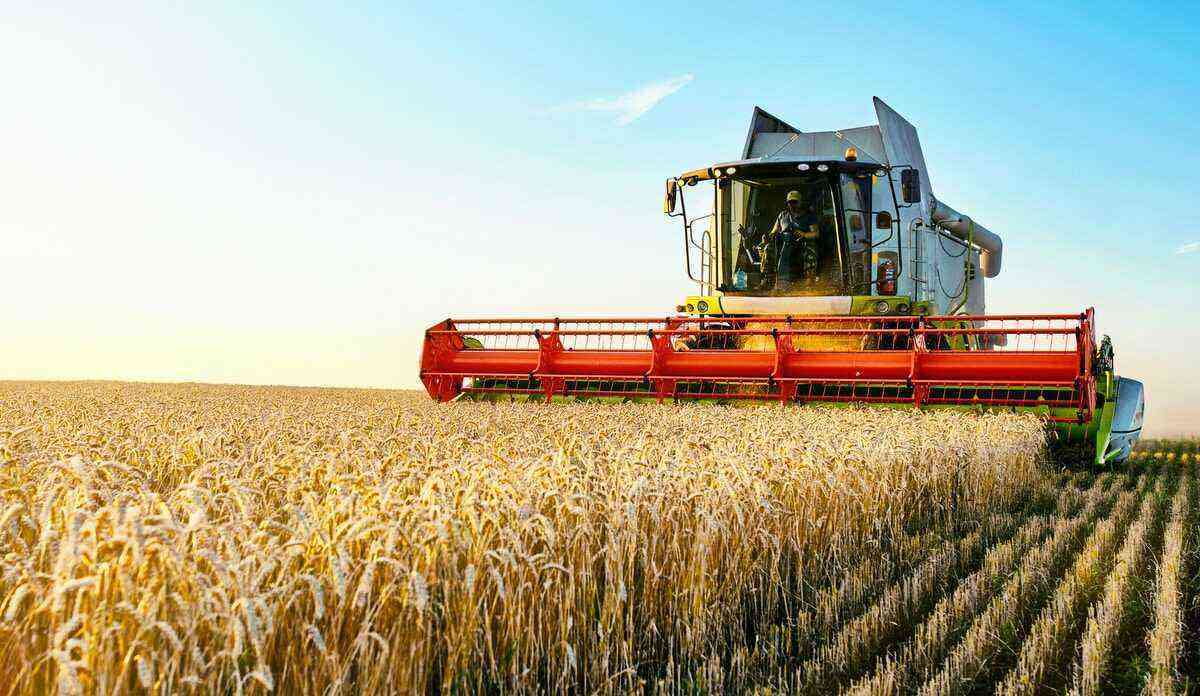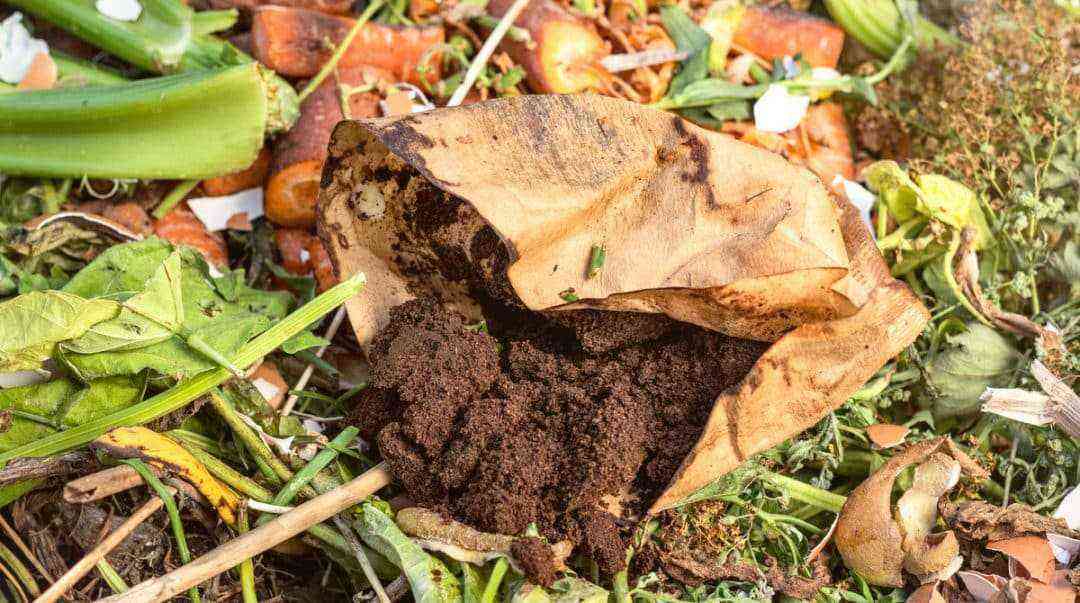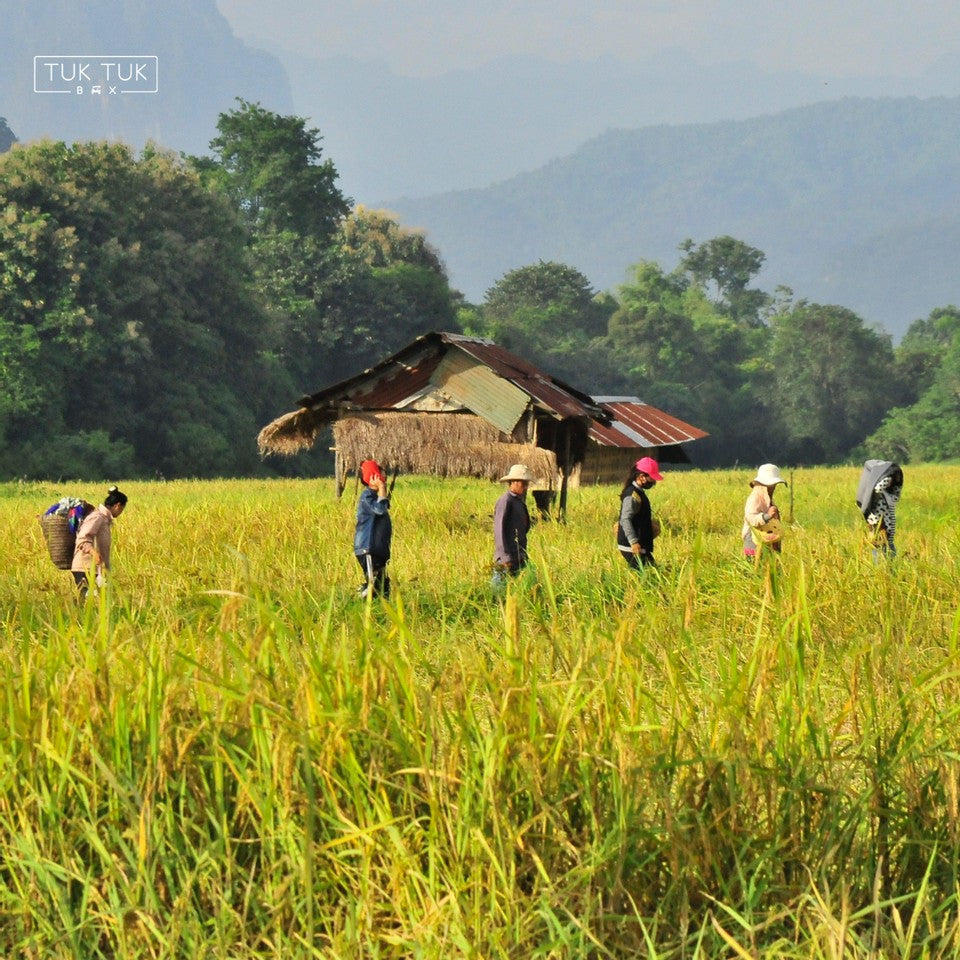Sustainable agriculture is a constant challenge for farmers around the world because it aims to reconcile food production with the preservation of the environment.
So, sustainable actions can guarantee the agricultural production process without harming the existing natural resources on the properties.
Therefore, in this article we will be presenting ways to ensure good production, including in large crops, reconciled with sustainable agriculture. Good reading!
importance of agriculture
In order to talk about what Brazilian agriculture represents, it is enough to present some numbers:
- It employs 22% of the active population;
- 20% of exports are agricultural products;
- 12 of GDP (Brazilian Domestic Product) are represented by agriculture.
These are just a few examples because, of course, there are many other benefits that agriculture brings to the Brazilian economy and the population. The sector is responsible for generating food and also raw material for production in industries.
However, for cultivation, there is always a challenge: reconciling the needs of soil preparation, planting, taking care of the development of crops until harvest, all also thinking about the environment. Hence the importance of the so-called “sustainable agriculture”, which we will discuss below.
This is because the food production process extracts resources from nature that often do not return. Such a situation can compromise the future of the next generations, if there is no environmental conscience.
Incentive to organic agriculture
The production of organic fruits and vegetables is a highly encouraged market because it does not use any type of chemical product. Therefore, it is a good example of sustainable agriculture in favor of the environment.
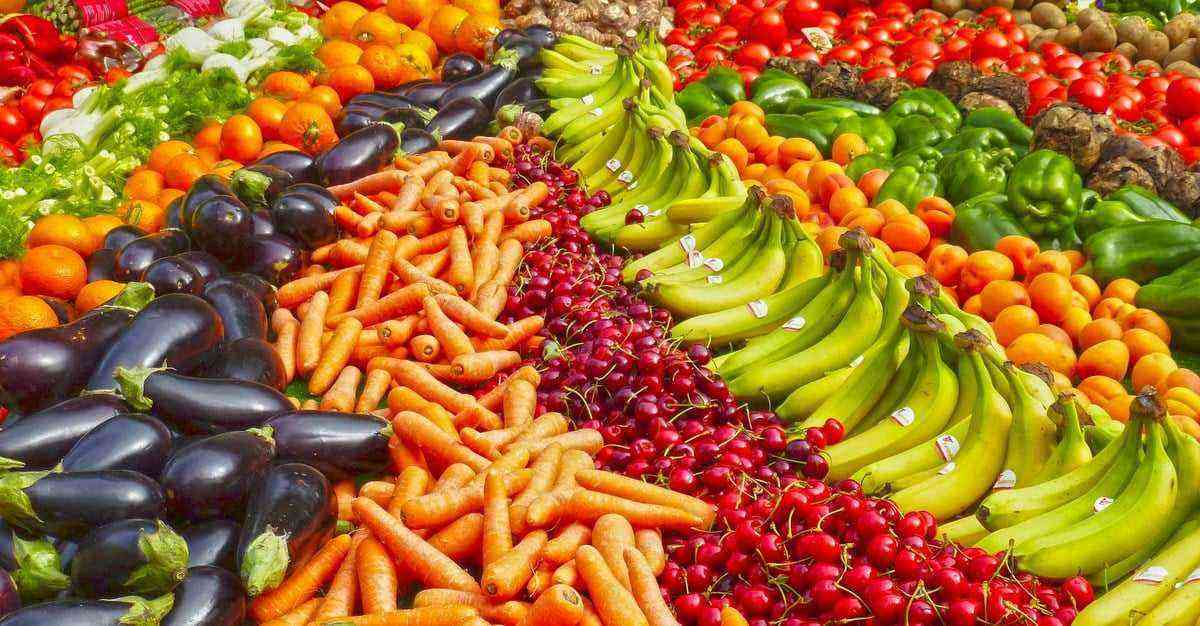
The cultivation of organics is one of the principles of sustainable agriculture, with the production of foods considered healthier.
Normally, it is a practice of small farmers and results in natural products, free of pesticides and that have a slightly higher value in the market, due to respect for the environment.
To give you an idea, despite all the economic crisis generated by the Covid-19 pandemic, the organic products sector recorded a 30% increase in sales in 2020.
According to a survey by the Organic Promotion Association (Organis), it represented a turnover of around R$ 5,8 billion. The year was also marked by the advancement of these products to cities in the interior of the country.
Sustainable agriculture: reduction of chemical fertilizers
The practices of sustainable agriculture, when it comes to large crops, the effort is to reduce chemical fertilizers, fertilizers and pesticides in food.
It is necessary to create ways, for example, to reuse rainwater that will be used in the property’s irrigation system, use clean energy sources, among others, in favor of the environment.

One of the incentives for adopting sustainable agriculture is the reduction or elimination of chemical fertilizers.
In this way, it means adopting measures to preserve natural resources. In addition to techniques that do not pollute the soil, air or water nearby in order not to cause damage to natural resources.
These are great challenges, but they represent the guarantee of production free from pollution of the environment.
Use of renewable resources
Rainwater harvesting in irrigation is one of the practices that can help save water, a natural resource, but often scarce in many regions.
In addition to the existing economy in this type of activity, there is appreciation of the use of natural resources.
Water is one of the most precious assets for humanity’s survival. In fact, the reduction of the reserve of water resources, with deforestation and the pollution and degradation of the reservoirs, puts the future of the new generations and the environment itself at risk.
In this way, in the video below, learn about some methods that help farmers use the correct amount of water in crops and rainwater harvesting techniques:
Source: RTV Caatinga Univasf.
Use and production of clean energy
Clean or renewable energy is energy generated from sources that do not cease, such as solar and wind energy.
Unlike electricity, which, for example, depends on water to be generated, these other sources represent savings and a more sustainable practice for the environment.
Therefore, solar energy, for example, can be the key in reducing the production costs of any agricultural or horticultural operation.

There are different types of “clean energy” that represent a more sustainable economy and agriculture, benefiting the environment.
In such a way that photovoltaic panel systems take advantage of the sun’s energy to pump water and, with that, irrigate crops.
Solar technologies can also be effectively used to provide light, heat and ventilation to farm buildings and animal facilities.
In addition to the use of solar and wind energy, there is also the production of energy, such as biomass, for example. Biomass is a type of fuel generated from production waste, representing the use of material that would be discarded.
The challenges of sustainable agriculture to the environment
Although they are important environmental alternatives, there are still challenges for sustainable agriculture to become a reality in most crops.
The country is the world leader in the export of important foods such as soy, coffee and sugar cane, extremely important inputs for consumption both in the domestic and foreign markets.
Undeniably, Brazil is a country with a large territorial extension, whose lands are widely used for agricultural production that traditionally uses pesticides to combat pests in crops and fertilizers to improve productivity.
Therefore, all transformation normally occurs gradually, since it also means new investments that are not always available by the rural producer.
How to implement sustainable agriculture?
The federal government is encouraging rural producers to adopt good practices in sustainable agriculture, through the BNDES’ Pronaf (National Program for Strengthening Family Agriculture).

Sustainable agriculture can be implemented collectively among rural producers.
This is the Pronaf Agroecologia program that provides financing to farmers and rural producers (individuals) for investment in agroecological or organic production systems, including the costs related to the implementation and maintenance of the enterprise.
Financing can be released both to the individual producer and also to the group of farmers, as long as they are aimed at collective purposes.
Principles of sustainable agriculture
So, in summary, follow some of the main points of sustainable agriculture, for the benefit of the environment:
- Reduction of chemical fertilizers, through the use of natural fertilizers, such as animal manure, such as cattle and chicken;
- Use of techniques in which air, soil and water pollution do not occur;
- Practice of organic agriculture, as it does not use pesticides and chemical fertilizers;
- Creation and use of rainwater harvesting systems for use in irrigation;
- Avoid deforestation of forests and woods for the expansion of agricultural areas;
- Rational use or, when possible, elimination of pesticides in the fight against pests, in order to avoid even soil contamination and harm to people’s health;
- Use of clean and renewable energy sources;
- Adoption of the no-tillage system, which preserves the productive capacity of the soil;
- Valuing family farming that generates work and income for rural families, enabling them to stay in the countryside.
Important breakthrough
According to agronomist Luiz Carlos Bhering Nasser, a specialist in sustainable agriculture and coordinator of the Postgraduate Course in Environmental Analysis and Sustainable Development at the University Center of Brasília (UniCEUB), crops have been grown in a less aggressive and more sustainable way. , due to requirements for certified products.
Furthermore, it draws the attention of governments in all spheres. “This is very important, as it makes rural society produce quality food, without harming the environment. Until the 1950s, we imported more and produced less. In the 1970s, governments began to invest in technology and in training Brazilian technicians. Now, we are starting to reap these fruits.”, he said.
Did you like the article about sustainable agriculture that represents more respect for the environment? Also check out our article on how to create a sustainable farm. Good reading!!!
If you like to be always well informed, be sure to check out other content like this on our website!


